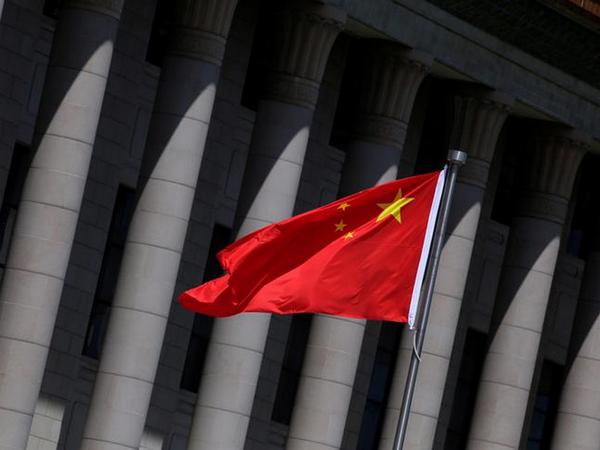BUSINESS NEWS
Sly Capital Moves: How to Extract Billions from China
Views on China’s economy in 2023 were far from optimistic, with the csi 300 index of Chinese stocks falling by 13%. The grim outlook is driven by challenges in the property market and corporate defaults. This scenario is also fueling significant capital outflows, as both foreign investors and wealthy Chinese individuals are hastening to exit the country. According to the Institute of International Finance, there have been cross-border outflows from China’s stocks and bonds for five consecutive quarters, the longest streak on record. Approximately $500 billion may be concealed in China’s murky balance-of-payments data.
In 2015-2016, China experienced a significant wave of capital outflows triggered by a currency devaluation. Now, new pathways for Chinese capital extraction are in the spotlight. The first challenge for anxious investors is to circumvent China’s capital controls. One method involves piecemeal transfers, such as purchasing tradable insurance policies in Hong Kong. In the first nine months of this year, sales of insurance policies to mainland visitors in Hong Kong increased by 30%.
Amid diminishing attractiveness of other markets for Chinese investors, Singapore is becoming an increasingly attractive destination for capital withdrawal. Direct investment from Hong Kong and the Chinese mainland has surged by 59% since 2021, reaching SGD 19.3 billion ($14.4 billion) last year. The increasing number of family offices in Singapore, rising from 400 in 2020 to 1,100 by the end of 2022, is driven by Chinese demand. While there is little transparency about the assets held by ultra-rich investors through these vehicles, Singapore’s modest capital markets suggest that most money will eventually be invested abroad. Nevertheless, Chinese inflows have buoyed Singapore’s banks, helping to boost profits at institutions like DBS and Overseas Chinese Banking Corporation.
Neutral locations are also benefiting from Chinese cash. For instance, inquiries about Japanese properties from clients in China and Hong Kong have roughly tripled in the past year. This trend has been accelerated by a weak Japanese yen, which has fallen by a fifth in the past three years against the Chinese yuan, and video calls for property viewings. Australia has also seen a surge in overseas demand for property, mostly from potential owner-occupiers, with the median price of homes receiving inquiries from Chinese buyers rising from $296,000 to $728,000 since 2020. Buyers are now opting for more spacious properties to live in, rather than smaller ones for leasing.
Despite the benefits brought by a substantial influx of Chinese capital, this situation may pose several problems. Singapore, for example, is facing pressure on its housing market and concerns about financial secrecy. In April of this year, the state introduced a staggering 60% tax on all property purchases by foreigners to cool down the market. Invitations for Chinese nationals are also causing resentment in other countries in the region, such as Cambodia and Thailand, which are wary of hosting elite Chinese citizens potentially bringing political influences.
Although capital outflows from China have not yet reached the vast scale seen during the panic of 2015-16, they might prove more enduring. Unlike the previous scenario, where a government-engineered credit boom in the property industry helped revive the economy, this time the Chinese government wants to allow the industry to cool. Without a sudden, unexpected recovery in the fortunes of the Chinese economy, the stream of capital looking for an exit is unlikely to slow. Investors and companies will continue to seek a wide variety of foreign assets—those they are still allowed to buy—prompting joy and headaches wherever they land.













